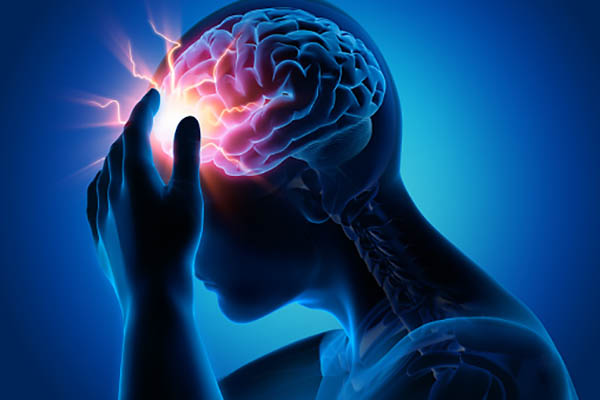Understanding Migraines: Causes, Symptoms, and Relief Strategies
Migraines are more than just headaches; they are intense, often debilitating neurological events that can severely impact a person’s quality of life. Understanding how to manage and treat migraines is crucial for those who suffer from them. This blog post explores various treatment options, from lifestyle changes to medical interventions, to help you find relief.
1. Identify and Avoid Triggers
One of the most effective ways to manage migraines is to identify and avoid triggers. Common triggers include:
- Certain Foods and Drinks: Aged cheeses, processed meats, caffeine, and alcohol (especially red wine) are known triggers.
- Stress: Emotional stress can lead to tension and migraine headaches.
- Sleep Patterns: Both lack of sleep and excessive sleep can trigger migraines.
- Sensory Stimuli: Bright lights, loud noises, and strong smells can be problematic.
- Hormonal Changes: Especially in women, fluctuations in estrogen can trigger migraines, often linked to menstrual cycles.
Tip: Keep a migraine diary to track your triggers and symptoms, which can help you and your healthcare provider develop a personalized prevention plan.
2. Lifestyle Changes
Adopting certain lifestyle changes can significantly reduce the frequency and severity of migraines:
- Regular Exercise: Regular physical activity helps reduce stress, a common migraine trigger. Low-impact exercises like walking, swimming, or yoga can be particularly beneficial.
- Healthy Diet: Eating balanced meals at regular intervals helps maintain blood sugar levels and prevents migraines.
- Adequate Hydration: Dehydration is a common trigger, so ensure you drink enough water throughout the day.
- Proper Sleep Hygiene: Establishing a regular sleep schedule and creating a restful sleep environment can reduce migraine occurrences.
3. Over-the-Counter Medications
For some, over-the-counter (OTC) medications can effectively manage migraine symptoms. Common OTC options include:
- Pain Relievers: Ibuprofen (Advil), acetaminophen (Tylenol), and aspirin can relieve mild to moderate migraines.
- Caffeine-Containing Pain Relievers: Some OTC medications combine caffeine with pain relievers for enhanced effect, as caffeine can constrict blood vessels and reduce migraine pain.
Note: Be cautious with the overuse of OTC medications, as this can lead to rebound headaches.
4. Prescription Medications
For more severe migraines, prescription medications may be necessary. These include:
- Triptans: These medications (like sumatriptan) are specifically designed to treat migraines by narrowing blood vessels and blocking pain pathways in the brain.
- Ergots: Ergots are another class of drugs that can be effective, especially if taken early during a migraine.
- Preventative Medications: For frequent migraines, your doctor may prescribe medications such as beta-blockers, antidepressants, or anticonvulsants to reduce the frequency of attacks.
5. Alternative Therapies
Alternative therapies can be beneficial, either on their own or as a complement to conventional treatments:
- Acupuncture: This traditional Chinese medicine technique involves inserting thin needles into specific points on the body to relieve pain and reduce stress.
- Biofeedback: This therapy teaches you how to control physiological functions, such as heart rate and muscle tension, which can help manage stress and reduce migraine frequency.
- Herbal Supplements: Some supplements, like butterbur and feverfew, have been shown to reduce the frequency of migraines. However, consult your doctor before starting any new supplements.
6. When to Seek Medical Help
If you experience frequent migraines or if your symptoms worsen, it’s important to seek medical advice. A healthcare professional can help you identify triggers, prescribe appropriate medication, and suggest lifestyle changes that can help manage your migraines effectively.
7. Conclusion
Managing migraines requires a comprehensive approach that includes lifestyle modifications, medication, and sometimes alternative therapies. By understanding your triggers and working with your healthcare provider, you can reduce the impact migraines have on your life. Remember, what works for one person may not work for another, so it may take some time to find the best treatment plan for you.
For more information or personalized advice, consult with your healthcare provider.
